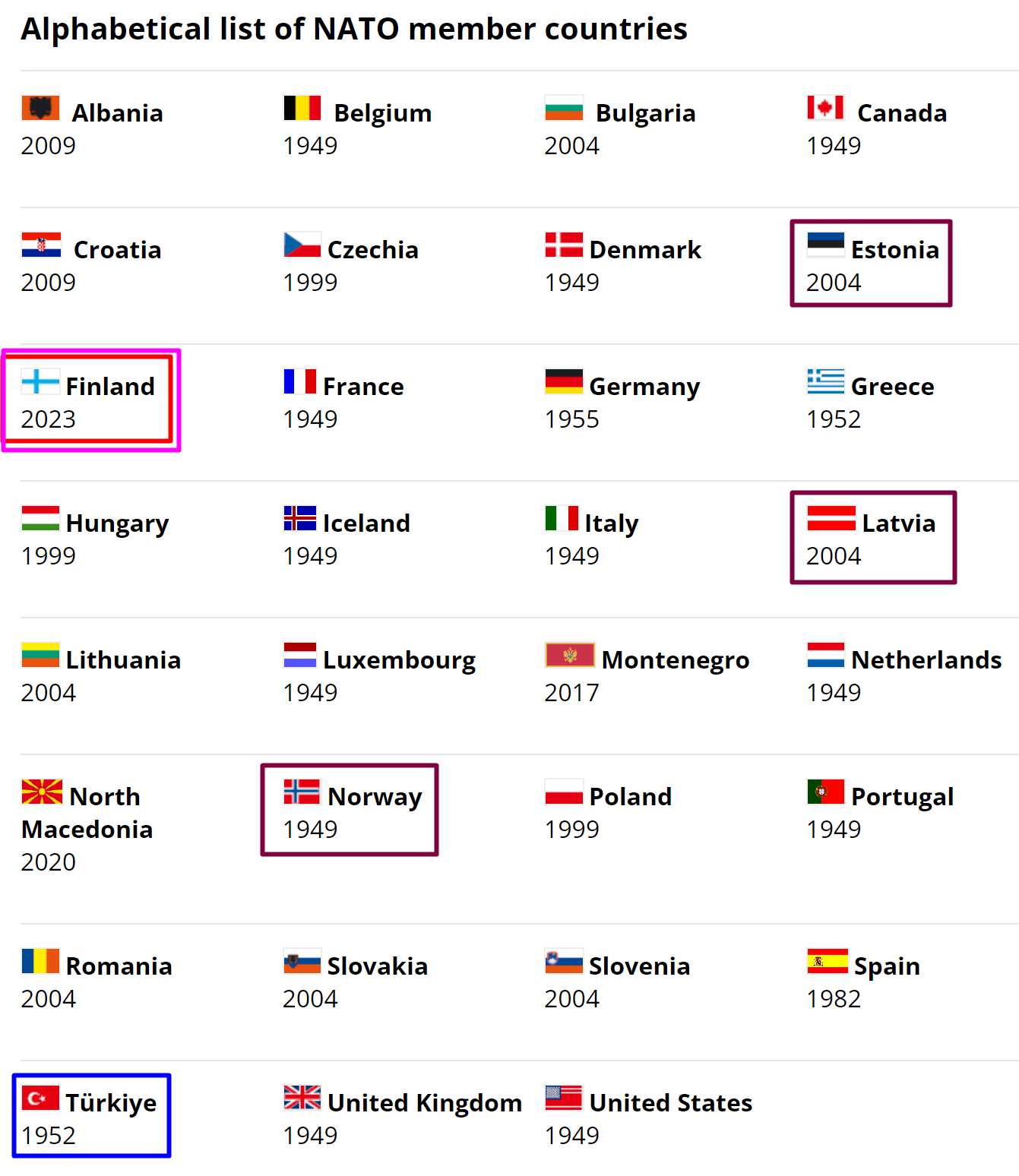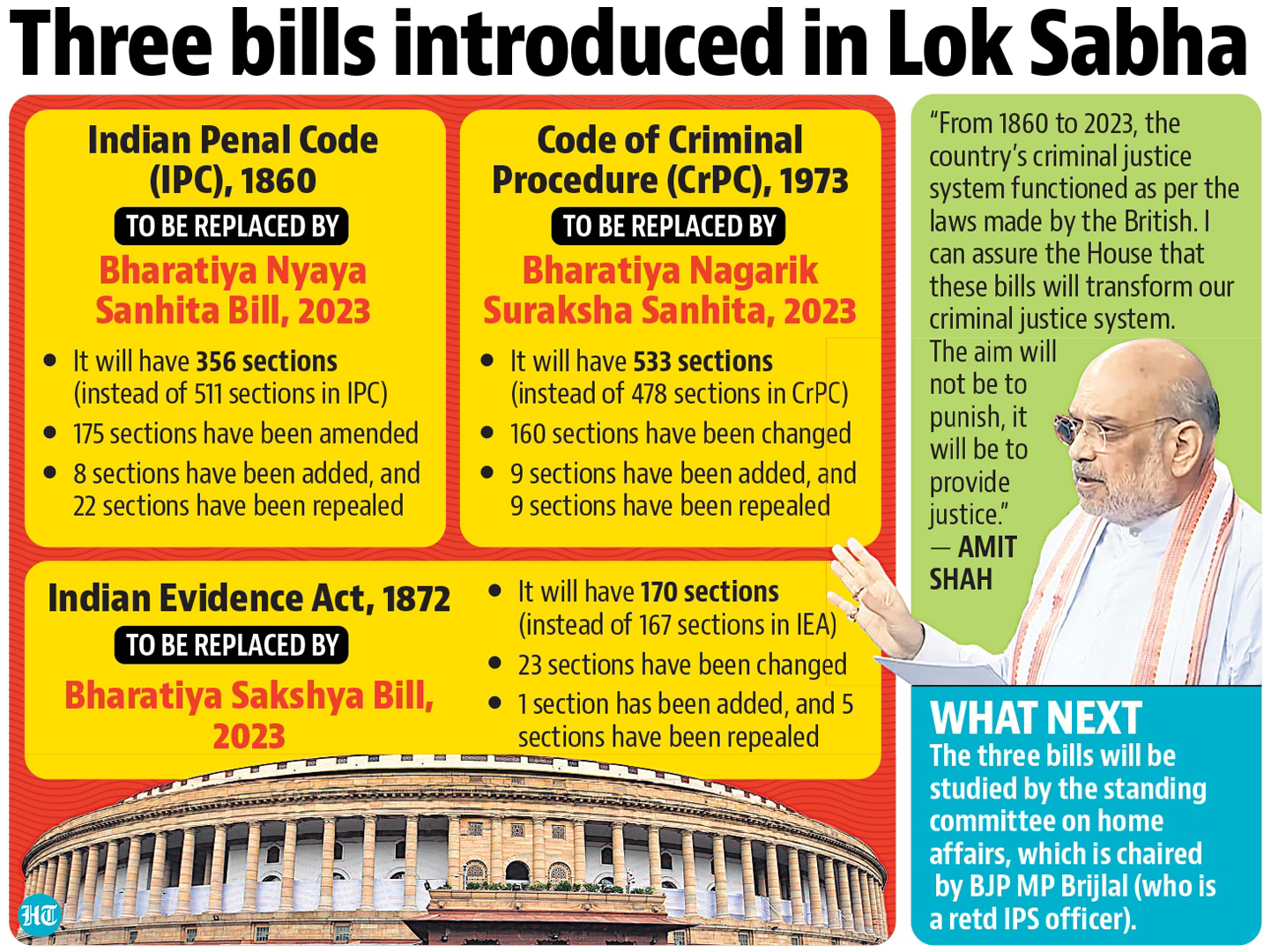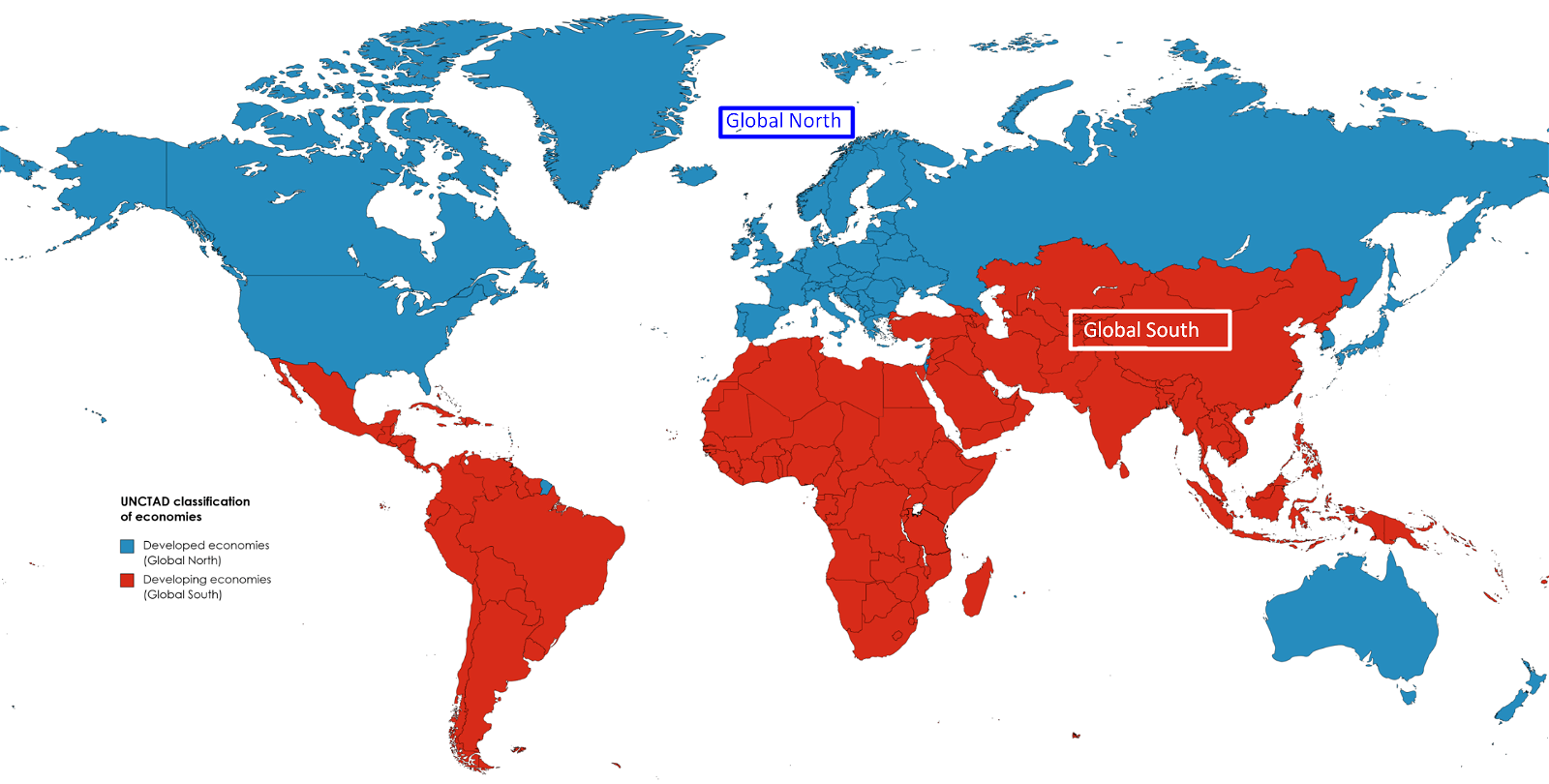
National Data Governance Framework Policy
Subscribers of "Current Affairs" course can Download Daily Current Affairs in PDF/DOC
Subscribe to Never Miss an Important Update! Assured Discounts on New Products!
Must Join PMF IAS Telegram Channel & PMF IAS History Telegram Channel
- Context (TH): The Ministry of Electronics and Information Technology (MeiTY) released the National Data Governance Framework Policy (NPD Framework).
- As per a NASSCOM report, data and artificial intelligence (AI) can add approximately $450-500 billion to India’s GDP by 2025.
NPD Framework
- Kris Gopalakrishnan committee: The committee discussed the risks of de-anonymising NPD, the institutionalisation of a central authority for NPD, and ownership and data sharing mechanisms.
- The Ministry of Electronics and Information Technology (MeiTY) released the National Data Governance Framework Policy (NPD Framework) based on this.
- Data businesses: This is a new category of business in the country. Entities (including government agencies) that collect, process, or store data beyond a threshold will be classified as data businesses.
- Sharing of non-personal data: Data-sharing requests for sovereign, public interest, or economic purposes may be made with or without remuneration, depending on processing cost.
- Open metadata: Sharing metadata, including government metadata, to encourage innovation.
Analysis of the NPD Framework
- Abstract high-level principles and objectives: Lacks tangible, actionable guidance to achieve.
- Rights and obligations: Silent on stakeholder rights and obligations across sectors.
- Pricing and legal mechanisms: Such structures and solutions for data exchange are not addressed.
- The absence of standardised governance tools aggravates challenges.
Need for NPD Regulation Revamp
- Unprotected inter-flow of NPD across various stakeholders makes it vulnerable to privacy breaches.
- The imperfect analysis of crucial public trends can result in faulty decision-making.
- Inefficient data fails to unlock the power of interdisciplinary legislative and policy-making.
- By creating a regulatory design for data exchanges in India, public welfare functions can be digitised and automated to a large extent.
- This will reduce administrative burden and facilitate inter-sectoral integration, making the digitisation of civic functions more participatory.
- Still, no policy provides for an enforceable regime for NPD in India.
Examples of Data Utilisation for Governance
|
Types of data
- Personal Data: Contains identifiers through which an individual can be mapped.
- Non-Personal Data (NPD): Data which excludes personal data.
- NPD constitutes the primary kind of citizen data obtained by the government, which has the potential to serve as a ‘public good’.
Classification of Non-Personal data (NPD)
- Public NPD: Data collected or generated by the government in the course of publicly funded works. For example, anonymised data from land records or vehicle registration can be considered public non-personal data.
- Community NPD: Raw or factual data (without any processing) sourced from a community of natural persons (ex., municipal corporations or public electric utilities).
- Private NPD: Data collected or generated by private entities through privately owned processes (derived insights, algorithms, or proprietary knowledge).
Related terminologies
|




![PMF IAS Environment for UPSC 2022-23 [paperback] PMF IAS [Nov 30, 2021]…](https://pmfias.b-cdn.net/wp-content/uploads/2024/04/pmfiasenvironmentforupsc2022-23paperbackpmfiasnov302021.jpg)











